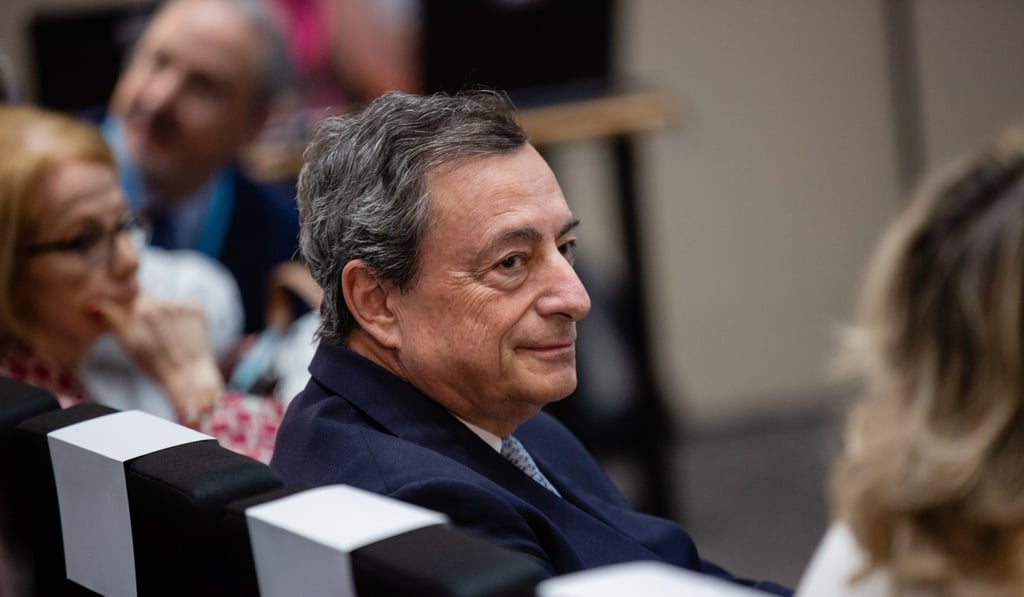Advertisement
Macroscope | Yuan appreciation might be the unintended consequence of interest-rate cuts in the US and Europe
- Both the US dollar and the euro came under pressure after announcements by the Fed and European Central Bank chiefs that interest-rate cuts could be in the offing
- If the Bank of Japan eases monetary policy further, the yen would be less attractive to currency investors
Reading Time:3 minutes
Why you can trust SCMP

Not all currencies can weaken at the same time. Policymakers in Frankfurt, Tokyo and Washington look set to adopt looser monetary policy settings. Beijing might not necessarily welcome too much broad yuan appreciation when China is in a trade war with the United States but could find that the renminbi firms up by default.
US dollar and euro weakness could result in some unwanted yuan appreciation against one or both of those currencies, and that’s even without factoring in the renminbi-supportive possibility that Beijing and Washington might – just might – make some progress on resolving the current China-US trade war.
The situation with regard to the yuan’s value versus the Japanese yen might be a little more complex, given the yen’s “safe haven” status in the currency space, but it would be logical for Japanese policymakers to follow if the European Central Bank (ECB) and the Federal Reserve do materially ease.
Advertisement
Early last week, the euro came under pressure on the foreign exchange market after ECB chief Mario Draghi told a conference in Portugal that the ECB would ease monetary policy again if inflation in the euro zone failed to pick up.
Even US President Donald Trump felt the need to comment. “Mario Draghi just announced more stimulus could come, which immediately dropped the euro against the dollar, making it unfairly easier for them to compete against the USA,” Trump tweeted last Tuesday. “They have been getting away with this for years, along with China and others.”
Advertisement

Advertisement
Select Voice
Select Speed
1.00x
